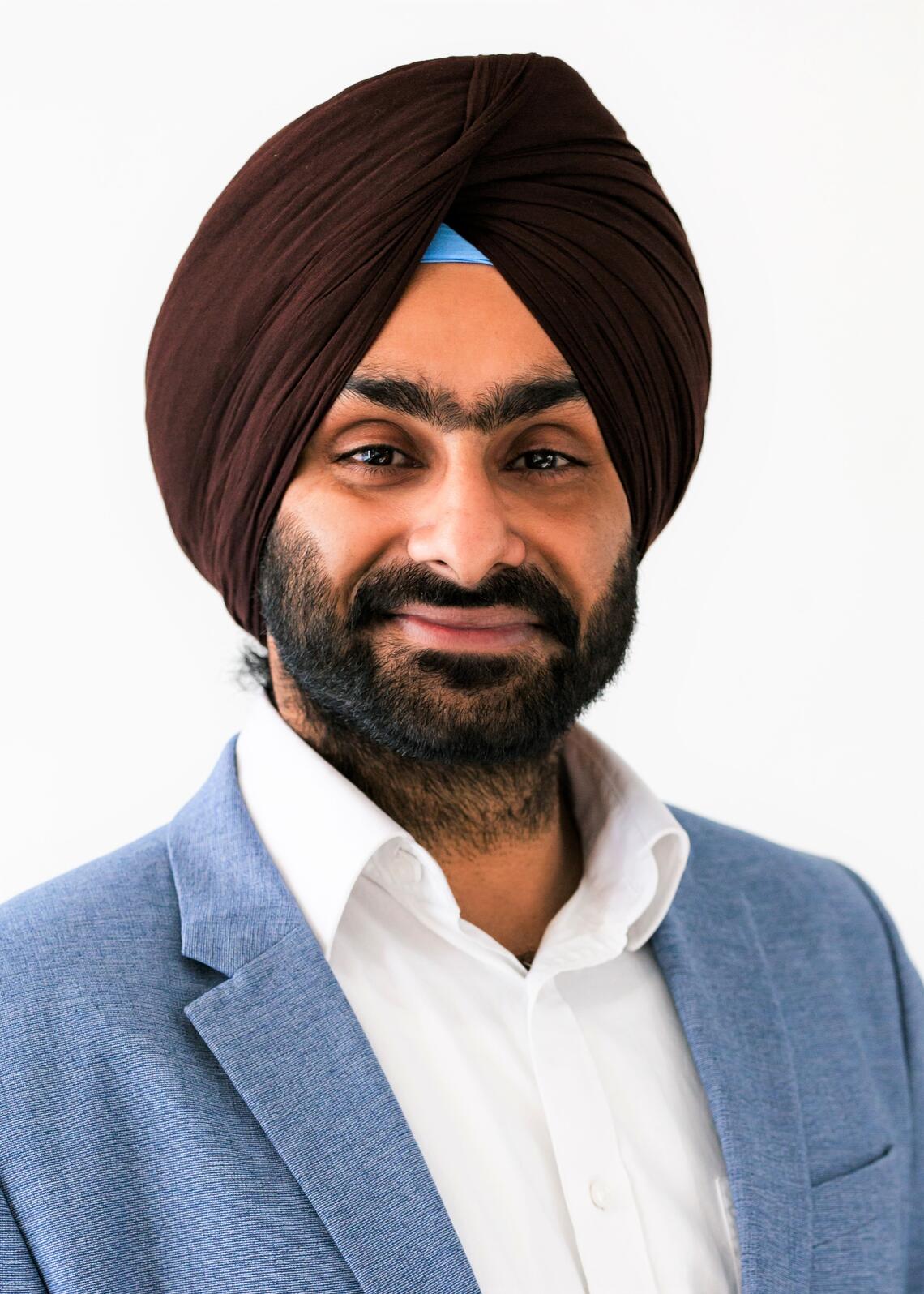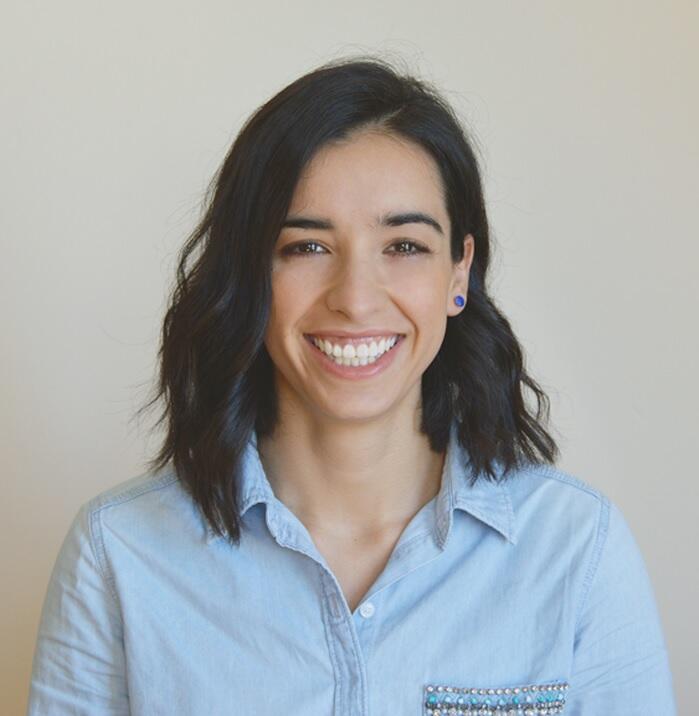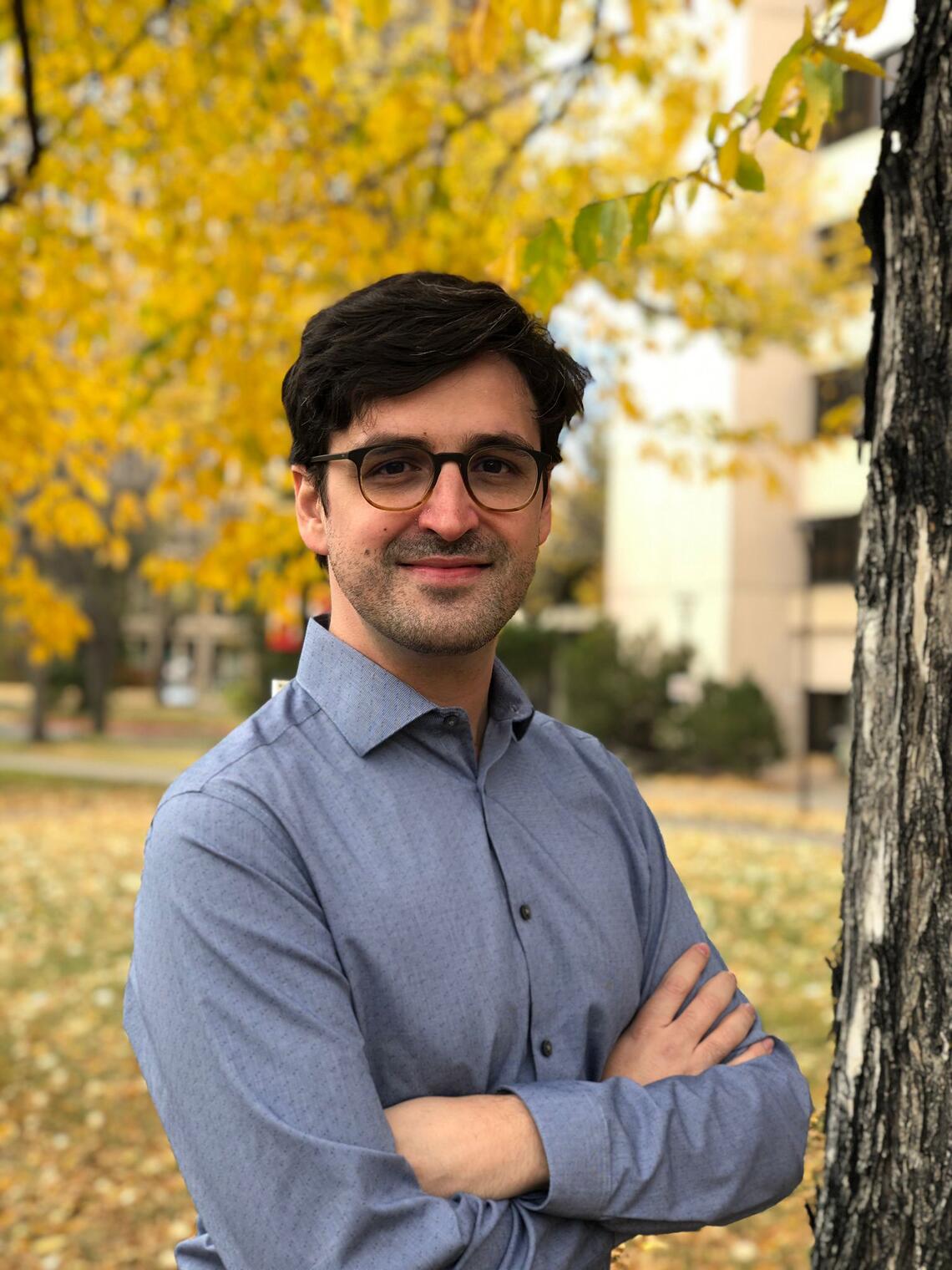
Team - SECDL
Lead and Founder

Caroline Hachem-Vermette, Ph.D.
Dr. Caroline is founder and lead of Solar Energy and Community Design Lab in addition to her role as Associate Professor at SAPL. An architect by training and by profession, Dr. Caroline Hachem-Vermette has two master’s degrees in architecture, and an additional master’s, and PhD degrees in Building Engineering from Concordia University. Dr. Hachem-Vermette research program is highly multidisciplinary, involving such diverse disciplines as architecture, urban planning, and building engineering.
Her research area includes the investigations of multifunctional energy-efficient, resilient neighborhood patterns, solar potential and energy implications of building shapes, building envelope design, developing multifunctional facades for multistory buildings, and others. Her research is multidisciplinary, it plays a bridging role between building engineering and architectural and urban design. Her current research program aims at developing concepts and strategies for the design of sustainable and climate resilient, self-sufficient, smart communities and urban developments. A part of this research program concentrates on the design of urban green infrastructure that aims at improving the health and wellbeing of urban inhabitants, especially in times of stresses (including pandemics).
She is currently leading a subtask on developing strategies for net-zero energy solar communities, within the International Agency Energy Task (IEA) 63- Planning Solar Neighborhoods. She was also an expert on 2 others IEA tasks on solar energy in architecture and urban planning. She is widely published on the topic of energy efficiency and solar energy, including a book (with Springer) on designing solar buildings and neighborhoods. Dr. Hachem-Vermette is a recipient of a number of awards including the 2019 Peak Scholar Award, 2016 sustainability award, e-sim/ IBPSA award for innovation in modelling, and Hangai prize for young researchers.
Equity, Diversity and Inclusion
Dr. Hachem-Vermette aims at creating an equitable lab environment, where she provides equal support and educational opportunities, as well as fair treatment to all HQPs. she encourages diversity, focusing on research potential as basis to recruit HQPs, regardless of ethnic, gender, age or disabilities. As female engineer, she recognizes barriers faced by women to engage in engineering related activities. she aims at reducing such barriers by tailoring training to needs and capabilities.
Recognizing the importance of training women in leadership roles in Engineering and Sciences, Dr. Hachem-Vermette obtained a certificate of Women in Leadership (from Cornell University). This will further allow her to pass-on such training to her female HQPS.
Postdoctoral Researchers

Kuljeet S. Grewal, Ph.D.
Dr. Kuljeet Grewal is currently working as Postdoctoral Associate at School of Architecture, Planning and Landscape (SAPL), University of Calgary, Canada. Prior to joining UCalgary in Aug 2018, he earned his Doctorate degree from Indian Institute of Technology (IIT) Ropar, India in Mechanical Engineering. His areas of expertise include energy modeling, clean energy resources, thermal systems, energy efficient urban design, experimental analysis and optimization/inverse optimization. Currently, his research focus is sustainable neighborhood design that also involves planning of clean energy resources. Along with successful accomplishment of various research projects, he is working in parallel on several industry and government funded projects. In 2019, he was awarded with Peak Scholar in Entrepreneurship, Innovation & Knowledge Engagement by UCalgary for his exceptional contribution. Till date, he published 23 high-quality journal articles along with reputed conference publications. He is also taught two courses at SAPL, UCalgary on Environmental Control Systems and Solar Building Envelopes in Winter 2020. Since 2018 he is also delivering guest lectures on various engineering and sustainable energy topics. Dr. Grewal is also supervising capstone project at UCalgary in collaboration with industry.
Apart from above roles, since Jan 2019 he is contributing as Design Expert in Task 63: Solar Neighborhood Planning of International Energy Agency (IEA). Dr. Kuljeet is also acting as Guest Editor for a special issue on Advances in Energy Efficient Buildings in Energies Journal (impact factor: 2.702). He also worked for two years in heavy industry in India with exposures to manufacturing, supply chain management and data analysis. After his Master’s, he also worked as Lecturer in Mechanical Engineering Department at Thapar Institute of Engineering and Technology, India.

Alireza Aslani, Ph.D.
Alireza Aslani, BSc. Mechanical Engineering(HVAC design), and MSc. and PhD. in engineering management majoring in energy technology assessment (in Finland and the US), is a postdoc associate of the Solar Energy and Community Design Lab, University of Calgary. His research focus on Energy Modeling in the Buildings, and Life Cycle Assessment (LCA) and Techno-Economic Assessment(TEA) of energy technologies, mainly renewable energy and building materials. He is an expert working with SimaPro, Open LCA, DesignBuilder, Python, LEED Certificate, and ASHRAE 90.1. His recent project is the energy performance and environmental impact analysis of Magnesium Oxychloride wall panels. Magnesium Oxychloride Cement (MOC) is a non-hydraulic and Portland-free cement that is known as a strong substitute for Portland cement mainly for building construction. Despite several investigations in the technical and environmental impacts of MOC cement and its main material, Magnesium oxide (MgO), the environmental impact of high-performance MOC panels has not been investigated and compared with other types of wall buildings. His research is to assess the energy performance and environmental impact of MOC panels using the LCA and TEA approaches.
Doctoral Students

Ali Syed
Ali is a professional engineer (P.Eng.) with more than 18 years of diverse experience in energy conservation, renewable energy system design, energy performance contracting, energy management and sustainability. Ali has acted as technical lead overseeing entire LEED, BOMA, Green Globes, Built Green Facilitation & energy modeling. Ali has diverse experience in HVAC system sizing, energy auditing, life-cycle costing assessment, measurement & verification and commissioning work for hundreds of projects. Ali is also a CaGBC Experienced Energy Modeler, LEED AP, Green Globes Professional (GGP), Certified Energy Manager (CEM) and Certified Measurement and Verification Professional (CMVP).
Ali’s doctoral research is focusing on the investigation of low-energy and net-zero energy design parameters for small scale mixed use building infrastructure. Ali is working on the quantification of net reduction in energy compared to design complying with the minimum requirement of the applicable energy codes. In addition, Ali is investigating the energy sharing potential within the buildings to harness waste energy to reduce energy footprint of the buildings.

Olivia Alarcon Herrera
Olivia joined the SECDL eager to contribute to a balance between natural and built environment. After a Bachelor’s Degree in Architecture and over five years of work experience at architectural firms in Mexico, and a Master’s degree in Sustainable Building Technology in England, led Olivia’s journey to the School of Architecture, Planning, and Landscape at the University of Calgary.
Awarded with a scholarship from the CONACYT (the Mexican National Council for Science and Technology), Olivia aims to contribute with global targets of accomplishing Net-zero energy status for all new buildings and major renovations by 2030. For this, Olivia’s research topic is focused on Multifunctional Façades to increase energy production from solar resources and improve the thermal performance of residential and office buildings envelope.

Gaurav Goswami
Gaurav Goswami is a Ph.D. student in the Environmental Design program. He holds a master’s degree in Environmental Engineering & Pollution Control from Griffith University, Australia. His research interest lies in renewable energy systems (solar, wind, and rainwater harvesting), sustainable urban development, water-energy nexus, Urban Heat Island and microclimate issues. Gaurav is currently working on distributed standalone renewable energy systems and how they can improve water-energy nexus, Urban Heat Island effects, and microclimatic conditions in Canada.
Master Students
Ayoyimika Edun
Ayoyimika earned a Master of Engineering degree in Architecture and Environmental Design from the University of Nottingham, England, which served as a foundation to her background in architecture and building engineering. Her interests in sustainability and energy efficiency in buildings led her to pursue research. Her current topic focuses on the utilization of recyclable waste materials in energy efficient housing envelopes.

Ajit Pal Singh’s research project lies at the junction of Computer Science and Environmental Design. The proposed scalable and holistic software framework holds proven potential to develop Net-Positive Energy and Zero-Carbon residential neighborhoods with an extended capability to design smart and mix-use communities. While accomplishing research initiatives, he also received the Eyes High and Alberta Graduate Excellence Award under the guidance of Dr. Caroline Hachem-Vermette.

Ricardo D'Almeida
Ricardo is a student enrolled at the Master of Environmental Design program. As an architect, he acted in the solar energy industry for over 5 years, developing solar projects from residential micro-generation grid-tie systems to solar farms with an installed power of over 30MW. His academical path started with a Bachelor of Architecture and Planning, following by a graduate specialization in Renewable Energies, all administrated in his home country, Brazil. Moreover, in 2015 he was accredited with the LEED Green Associate certification.
Under the supervision of Dr. Caroline Hachem-Vermette, Ricardo is developing his thesis based on analysis and simulation of the energy performance from different neighbourhood layouts across Canada, in order to present practical solar and retrofitting solutions to turn them into Zero-Energy Districts.
